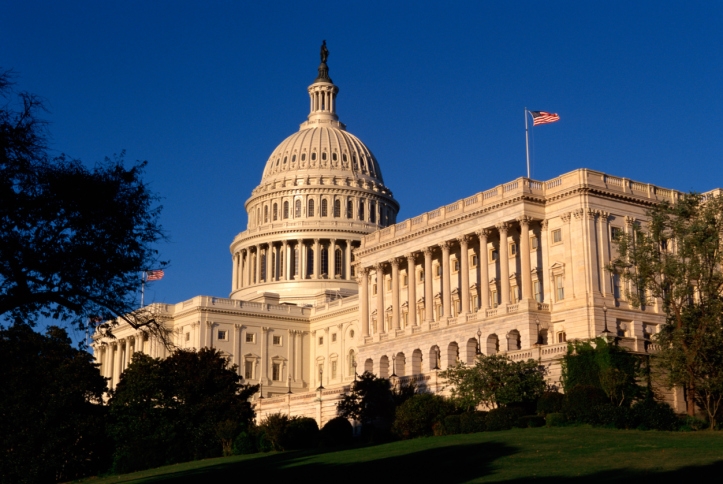NAMB: Proposed Transitional Licensing Bill Harms Consumers

NAMB—The Association of Mortgage Professionals has expressed concerns regarding HR 2121, The SAFE Transitional Licensing Act of 2015, which is currently being considered by the House of Representatives.
HR 2121 would allow unlicensed, federally-registered loan originators to have a 120-day temporary license where they would be allowed to originate loans prior to completing the requirements currently established in the Secure and Fair Enforcement of Mortgage Licensing (SAFE) Act. NAMB believes state law and regulations are already in place for consumer protection and should not be bypassed by those not properly educated and tested. HR 2121 and any Senate companion bill will dilute the rights of all states to protect consumers.
“One of the touchstones of the Dodd-Frank Act was to permit states to go beyond federal law to protect consumers in their state,” said Valerie Saunders, NAMB Government Affairs Committee Chair. “HR 2121 completely nullifies state consumer protections.”
NAMB, as the prime creator and advocate of the current SAFE Act, believes all loan originators need to prepare for working in their home state or any other state by getting the education, criminal background checks, test-taking, and making application for a loan originator license before they deal with consumers. NAMB feels this is the only way to protect the stringent requirements set out in state and federal law and to protect consumers from individuals not fully licensed seeking to enter the loan originator work force.
“In 2012, the Consumer Financial Protection Bureau (CFPB) stated that its regulations do not allow states to provide for transitional licensing for registered, but unlicensed loan originators who leave banks to act as loan originators while pursuing a state license,” said Rocke Andrews, president of NAMB. “In addition, the Conference of State Bank Supervisors (CSBS) remains neutral on a bill they should have a solid opinion on. This destroys state consumer protections by cramming down a licensing construct that states have demonstrated they don’t want.”






